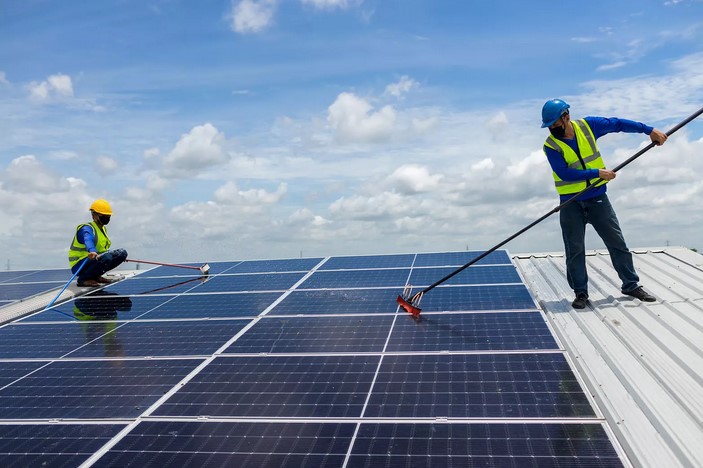
Solar panels are a smart investment, offering clean and renewable energy while reducing electricity bills. However, like any other technology, they require regular maintenance to ensure that they continue to operate at peak efficiency. Proper solar panel maintenance not only extends the lifespan of your system but also maximizes its energy production. Whether you have a small residential setup or a larger commercial array, understanding basic solar panel maintenance tips can help you keep your system running smoothly for years to come. In this article, we’ll explore essential maintenance practices that every solar panel owner should follow.
Why Solar Panel Maintenance Is Important
While solar panels are known for their durability and low maintenance, regular care is still necessary to ensure optimal performance. Over time, dust, dirt, debris, bird droppings, and other environmental factors can build up on the panels, reducing their efficiency. Regular maintenance helps prevent these issues, ultimately saving you money on repairs and energy costs. Additionally, a well-maintained solar system is less likely to suffer from mechanical failures or reduced output, which could result in costly fixes.
Proper maintenance also helps identify potential issues early on, such as wiring problems or malfunctioning inverters, preventing them from becoming major setbacks. Regular checks and cleaning ensure that your investment remains productive and sustainable, making the most of the energy from the sun.
Essential Solar Panel Maintenance Tips
Maintaining your solar panels doesn’t have to be complicated or time-consuming. Here are some key solar panel maintenance tips that can help you keep your system in great shape.
1. Regular Cleaning of Panels
Dirt and debris can accumulate on the surface of your solar panels, blocking sunlight and reducing their efficiency. In areas with heavy dust or bird activity, cleaning might be necessary more often. Here’s how to approach it:
- How to Clean: The safest way to clean your panels is by using a soft cloth, sponge, or a gentle brush, along with mild soap and warm water. Avoid harsh chemicals, as they can damage the panels or coatings.
- When to Clean: Generally, cleaning once or twice a year is sufficient, but if you live in a particularly dusty area or near trees, you may need to clean more frequently. Cleaning should be done during the early morning or late evening when the panels are cool to the touch, avoiding extreme heat which can cause water to evaporate too quickly.
- Avoid Scratching: When cleaning, be sure to avoid using abrasive materials that could scratch the panel’s surface, as this could affect its efficiency over time.
2. Inspect the Panels Regularly
A visual inspection is a simple yet important maintenance task that can help detect early signs of damage. Look for any cracks, discoloration, or signs of wear and tear. Regular checks also allow you to spot issues such as:
- Loose Wires: Over time, the wiring that connects your solar panels can become loose. Check the cables to ensure that they are securely connected and that no wires are frayed or exposed.
- Shading: Ensure that no new objects, like overgrown branches, have started to cast shadows on your panels. Even partial shading can significantly reduce the performance of your system.
- Damage or Cracks: Inspect for any physical damage to the panels, such as cracks or chips in the glass. Although solar panels are designed to be durable, extreme weather or improper installation can lead to damage.
3. Check the Inverter
The inverter is one of the most critical components of your solar system. It converts the direct current (DC) produced by the solar panels into alternating current (AC), which is used to power your home. If the inverter is not functioning properly, it can drastically affect the performance of your entire system.
- Monitor Inverter Display: Most inverters have a display that shows how much energy is being produced and whether any issues are detected. Check this display regularly to make sure everything is functioning correctly.
- Error Codes: If you notice error codes or flashing lights on the inverter, consult the owner’s manual to troubleshoot. In many cases, an inverter can be reset by turning it off and on, but persistent issues should be handled by a professional technician.
- Maintenance Schedule: While inverters generally don’t require frequent cleaning, they should be checked for dust buildup, especially around vents or cooling fans, as excessive heat can damage the unit.
4. Trim Surrounding Vegetation
Vegetation, especially overhanging trees and shrubs, can be a significant barrier to the efficiency of your solar panels. Not only can branches cast shadows that block sunlight, but they can also cause debris to accumulate on the panels, requiring more frequent cleaning.
- Regular Trimming: Keep the area around your solar panels clear of debris and trim any branches that could block sunlight. Additionally, make sure the area is free from plants that could grow and overshadow the panels.
- Professional Tree Maintenance: If trees around your panels are large or difficult to manage, it’s a good idea to hire a professional tree service to trim the branches properly, reducing the risk of damage to the panels.
5. Monitor System Performance
It’s crucial to monitor the overall performance of your solar energy system to ensure it’s generating the expected amount of power. Many modern solar systems come with apps or online portals that allow you to track your energy production in real time.
- Compare Output: Check your system’s output regularly to ensure it matches the expected performance levels. For instance, if you’re generating less power than usual, it could be a sign that the panels are dirty or there’s an underlying technical issue.
- Performance Indicators: Be mindful of any significant drops in performance. If your system consistently underperforms or shows unusual patterns, it may be time to consult a professional for further inspection.
6. Hire a Professional for Annual Inspections
While basic maintenance tasks like cleaning and visual inspections can be done by homeowners, it’s also a good idea to schedule an annual professional inspection. Solar experts can perform more in-depth checks, including testing the electrical components, checking for panel degradation, and ensuring that the entire system is operating at maximum efficiency.
An expert can also identify any potential issues with the wiring or electrical connections that might not be visible during a routine check. Regular professional inspections help you stay ahead of any costly repairs and maintain the long-term health of your system.
By following these solar panel maintenance tips, you can ensure that your solar energy system runs efficiently for years to come. Regular cleaning, inspections, and system monitoring are simple yet effective ways to extend the lifespan of your panels and maintain optimal performance. Additionally, addressing issues like shading, wiring, and inverter performance early on can prevent costly repairs and reduce downtime. Whether you’re a first-time solar panel owner or looking to optimize an existing system, taking the time to maintain your panels will help you maximize your investment and enjoy the benefits of renewable energy to the fullest.
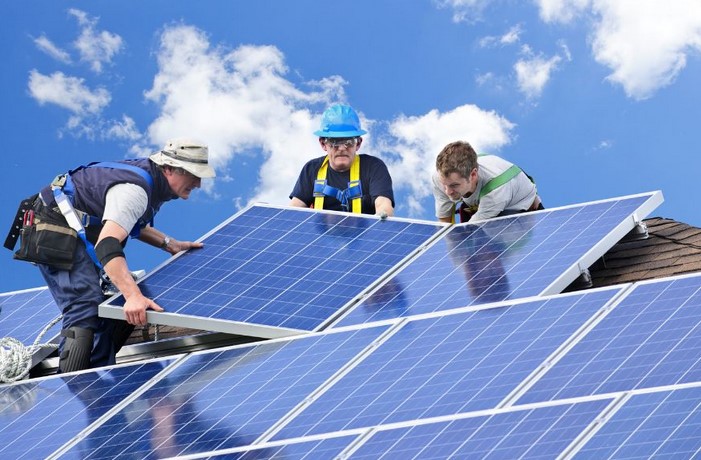
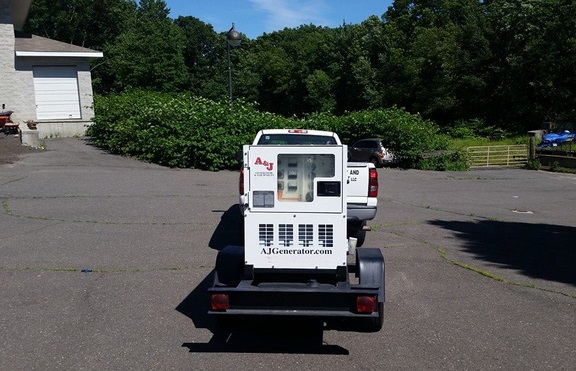 One of the most important factors every event planner needs to deal with is the availability of enough energy to support the event. It doesn’t only applicable to an event. The residential building or a small shop also needs a constant amount of energy to operate. Therefore, sometimes, we need a generator to support our main electrical source. You may get a generator from the store. However, let the Generator Company handling this matter is a wiser decision. They know what they do, and they provide the best result for you. So, which company should you use?
One of the most important factors every event planner needs to deal with is the availability of enough energy to support the event. It doesn’t only applicable to an event. The residential building or a small shop also needs a constant amount of energy to operate. Therefore, sometimes, we need a generator to support our main electrical source. You may get a generator from the store. However, let the Generator Company handling this matter is a wiser decision. They know what they do, and they provide the best result for you. So, which company should you use?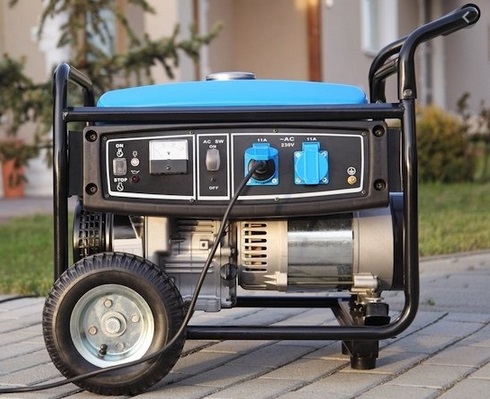 You should have a generator to keep your house comfortable, especially during the snow, rain, and high winds. One thing you need to consider is whether you have to use a standby or portable generator. Just take a look at the difference between portable and standby generators below. This information will help you to get the best one immediately.
You should have a generator to keep your house comfortable, especially during the snow, rain, and high winds. One thing you need to consider is whether you have to use a standby or portable generator. Just take a look at the difference between portable and standby generators below. This information will help you to get the best one immediately.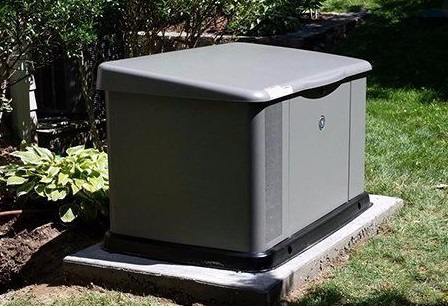
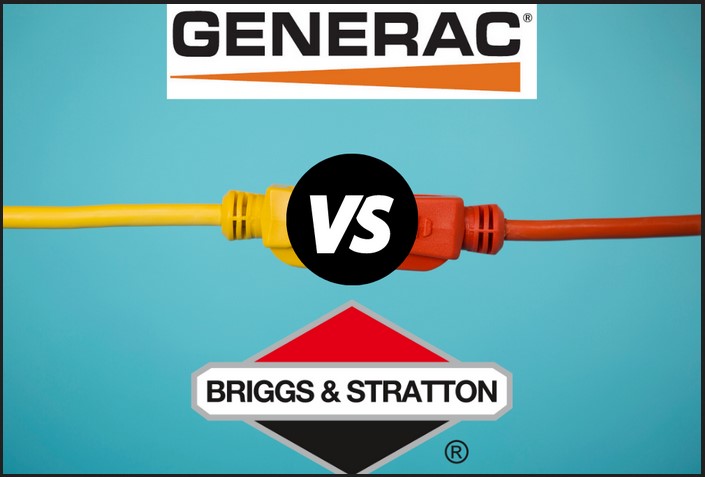 Having a generator that is always on standby at your home is crucial, especially during emergencies, such as unexpected blackout. With this life-saving device, any electric appliances at your home can be powered up during the blackout. Moreover, if you are working at your home office, you will be able to stay connected to your colleagues and take care of your business. There are so many generator products that come in different types available in the market. But, when it comes to
Having a generator that is always on standby at your home is crucial, especially during emergencies, such as unexpected blackout. With this life-saving device, any electric appliances at your home can be powered up during the blackout. Moreover, if you are working at your home office, you will be able to stay connected to your colleagues and take care of your business. There are so many generator products that come in different types available in the market. But, when it comes to